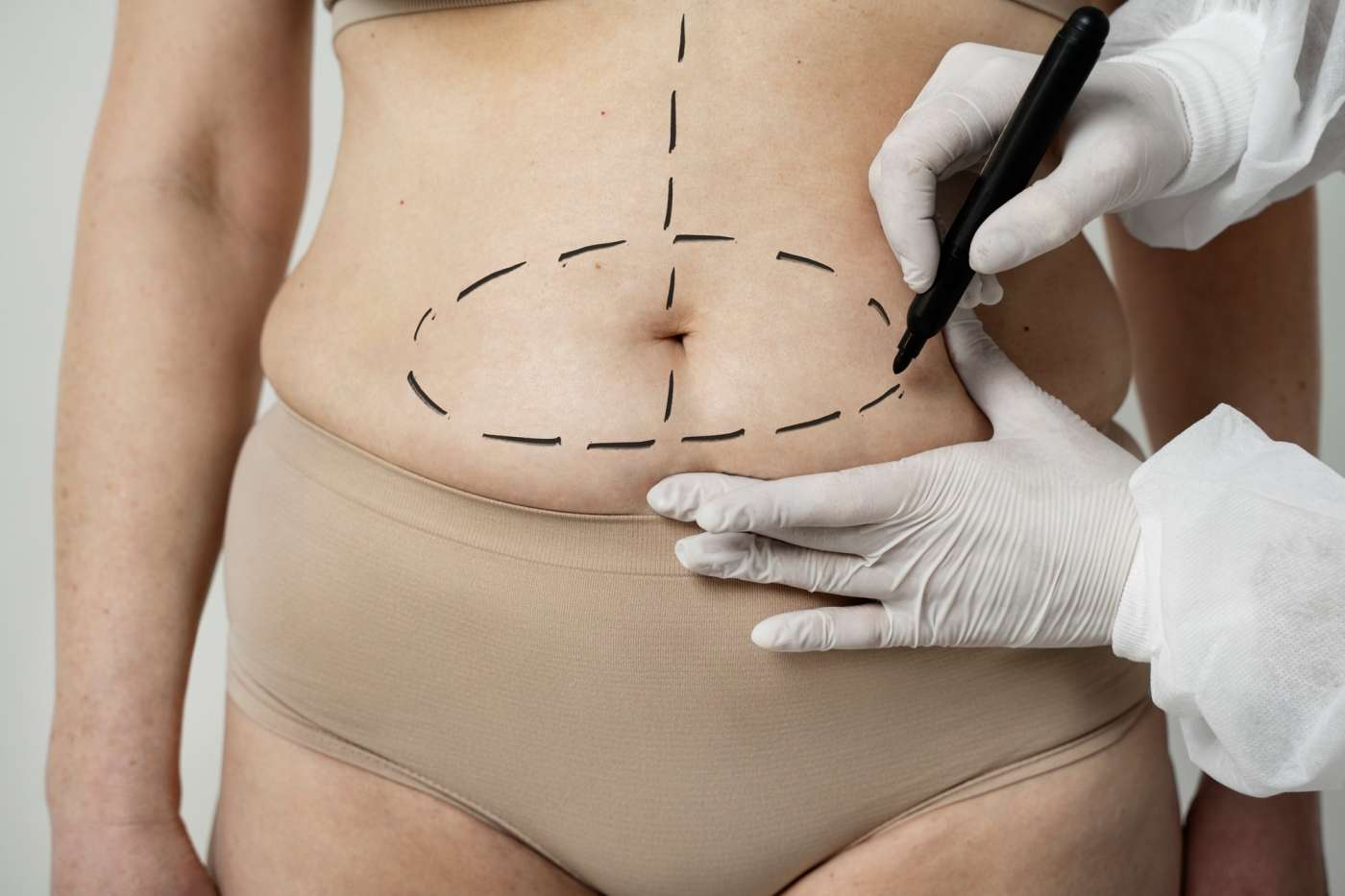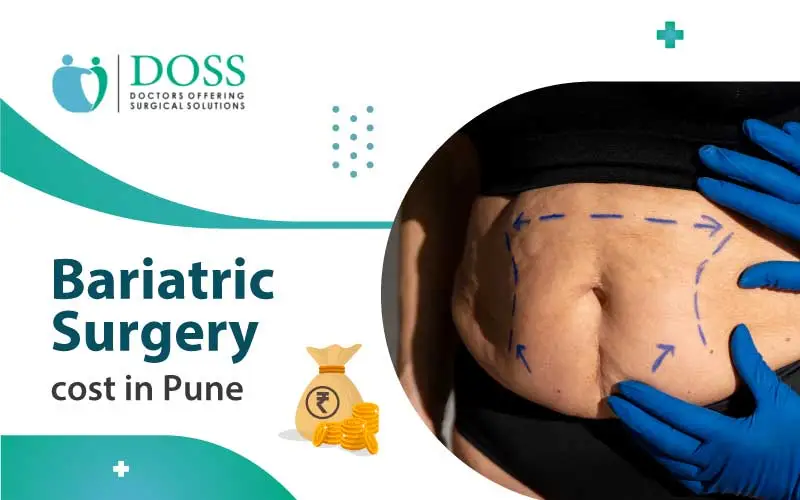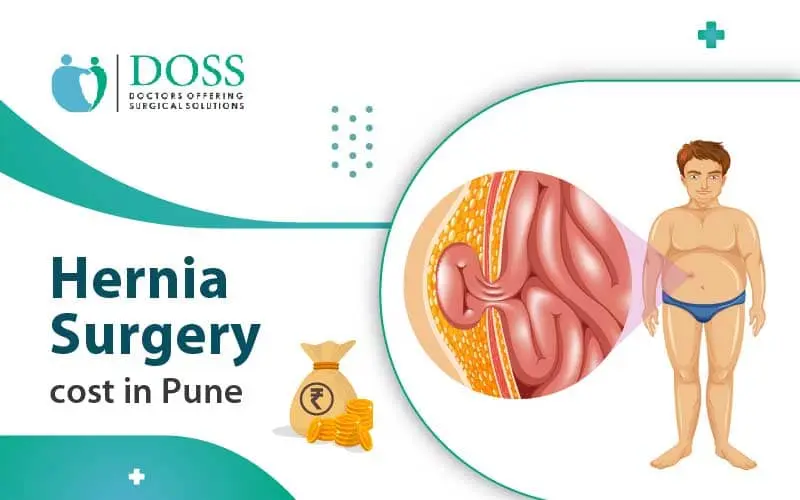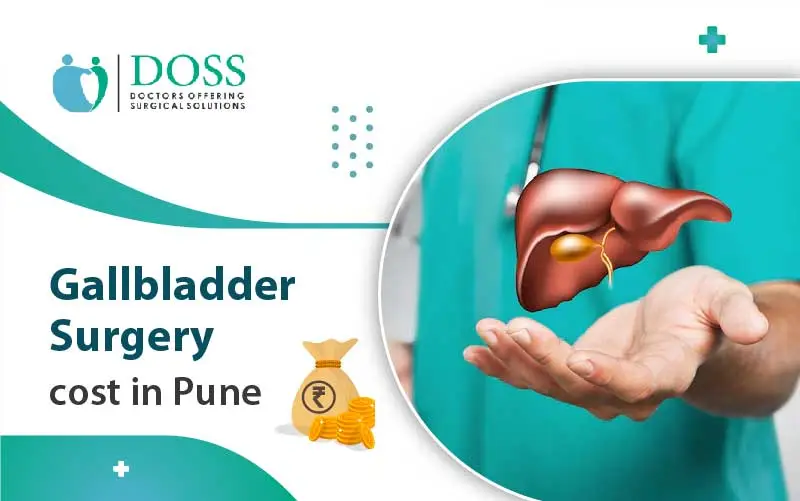Can a Hernia Cause Erectile Dysfunction?
BlogHernias and erectile dysfunction (ED) are two distinct health concerns that can significantly impact an individual’s well-being and quality of life. While these conditions may seem unrelated at first glance, there is a growing interest in understanding their potential connection.
Can a hernia cause erectile dysfunction? This question has sparked curiosity among individuals affected by hernias and seeking to comprehend the broader implications of their condition.
In this article, we will explore the relationship between hernias and erectile dysfunction, delving into the potential impact hernias can have on erectile function. By gaining a better understanding of this connection, individuals can make informed decisions and seek appropriate medical guidance to address both their hernia and erectile health.

What is Hernia?
Hernias are a common medical condition that affects people of all ages and can occur in various areas of the body. A hernia occurs when an internal organ or tissue protrudes through a weakened or damaged area of muscle or connective tissue. This can cause pain and discomfort and can potentially lead to more severe complications if left untreated.
The different types of hernias include inguinal hernias (the most common type), femoral hernias, umbilical hernias, hiatal hernias, and incisional hernias. Inguinal hernias occur when the intestines push through the groin area, while femoral hernias occur in the upper thigh and may cause pain or a bulge in the leg.
Umbilical hernias are common in babies and young children and occur when part of the intestine pushes through the abdominal wall near the belly button.
Hiatal hernias occur when the stomach pushes through the diaphragm, leading to reflux and heartburn, while incisional hernias occur at the site of a previous surgical incision.
The symptoms of a hernia may vary depending on the type and location of the hernia. Common symptoms include a visible bulge or lump, pain or discomfort, a feeling of heaviness or pressure, and nausea or vomiting.
In some cases, a hernia may cause no symptoms at all, making it difficult to detect without a physical examination.
Hernias are most commonly found in the abdominal region and groin area, but they can occur in other parts of the body as well. A variety of factors, including age, obesity, pregnancy, physical exertion, or chronic coughing or sneezing may cause them Treatment for a hernia typically involves surgical repair, although some cases may be managed with lifestyle changes or medications.
Overall, it is important to understand that hernias can have a significant impact on an individual’s health and quality of life. By recognizing the symptoms and seeking appropriate medical guidance, individuals can address their hernia and reduce the risk of potential complications, including those related to erectile dysfunction.
Must Watch This Video-
What is Hernia?| Type of Hernia -Dr. Neeraj Rayate
Types of Hernias and Potential Impact on Erectile Function
Inguinal hernias, which are the most common type of hernia, are a specific type that may potentially affect erectile function. Inguinal hernias occur when a portion of the intestine or abdominal tissue protrudes through a hole in the abdominal muscles and into the inguinal canal, which is a passageway in the groin area.
This can cause discomfort and pain during physical activity, as well as impact the surrounding structures.
Hernias in the groin area can put pressure on or disrupt blood flow to the surrounding structures, including the blood vessels that supply the penis. This disruption in blood flow can lead to difficulties in achieving or maintaining an erection.
which is the hallmark of erectile dysfunction. Furthermore, the psychological effects of having a hernia, such as anxiety or depression, can also contribute to erectile dysfunction.
It is important to note that not all hernias directly cause erectile dysfunction. However, if left untreated, hernias may lead to complications that can affect sexual function, including nerve damage and chronic pain. Therefore, early detection and treatment of hernias are essential to prevent or mitigate the potential impact on erectile function.
Medical Studies and Research Findings
Several medical studies have explored the relationship between hernias and erectile dysfunction, pointing to a potential connection between the two conditions.

A study published in The Journal of Sexual Medicine found that men with inguinal hernias were more likely to experience erectile dysfunction than those without hernias. The study followed 6,885 men and found that those with inguinal hernias had a 2.56 times higher risk of erectile dysfunction than those without hernias.
The researchers concluded that inguinal hernias may lead to a decrease in blood flow to the male reproductive organs, leading to difficulties in achieving and maintaining an erection.
Another study published in the International Journal of Impotence Research found that men who had undergone inguinal hernia repair surgery had a higher prevalence of erectile dysfunction than men who had not undergone the surgery.
The study followed 109 men who had undergone hernia repair surgery and found that 25% of them reported erectile dysfunction compared to only 2% of men in the control group.
The researchers suggest that the surgical trauma and potential nerve damage associated with hernia repair surgery may contribute to the development of erectile dysfunction.
These studies lend support to the potential connection between hernias and erectile dysfunction, highlighting the need for early detection and treatment of hernias to prevent or mitigate potential complications.
While further research is needed to fully understand the relationship between these two conditions, there is strong evidence to suggest that hernias can have a significant impact on erectile function.
Seeking Medical Evaluation and Treatment
If you are experiencing symptoms of a hernia or erectile dysfunction, it is essential to seek medical evaluation from healthcare professionals.
A comprehensive evaluation, including a physical examination and possibly diagnostic tests such as ultrasound or MRI, can help determine the underlying causes of ED and the potential role of a hernia.
Early detection and treatment of hernias is essential to prevent or mitigate potential complications, including those related to erectile dysfunction. Treatment options for hernias may include surgery, lifestyle changes, or medications depending on the severity and location of the hernia.
It is important to note that not all hernias directly cause erectile dysfunction, but if left untreated, they may lead to complications that can affect sexual function, including nerve damage and chronic pain. Therefore, addressing the hernia may help alleviate any related erectile dysfunction symptoms.
Individuals should not be afraid to seek medical evaluation and treatment, as this may lead to a significant improvement in their health and overall quality of life.
With the growing interest in the potential connection between hernias and erectile dysfunction, healthcare professionals are equipped with the knowledge and tools necessary to provide comprehensive care and guidance to those affected by these conditions.
Must Watch this Video
Conclusion
To summarize, a hernia can cause erectile dysfunction due to the disruption of blood flow or nerve damage associated with the condition. Several studies have explored the potential connection between hernias and ED, lending support to this relationship.
Early detection and treatment of hernias is essential to prevent or mitigate potential complications, including those related to erectile dysfunction.
By seeking appropriate medical guidance, individuals can address their hernia and reduce the risk of potential complications.
Therefore, it is important to seek medical evaluation and treatment if you are experiencing symptoms of a hernia or erectile dysfunction. This may lead to a significant improvement in your health and overall quality of life.


 +919011100010
+919011100010 


















